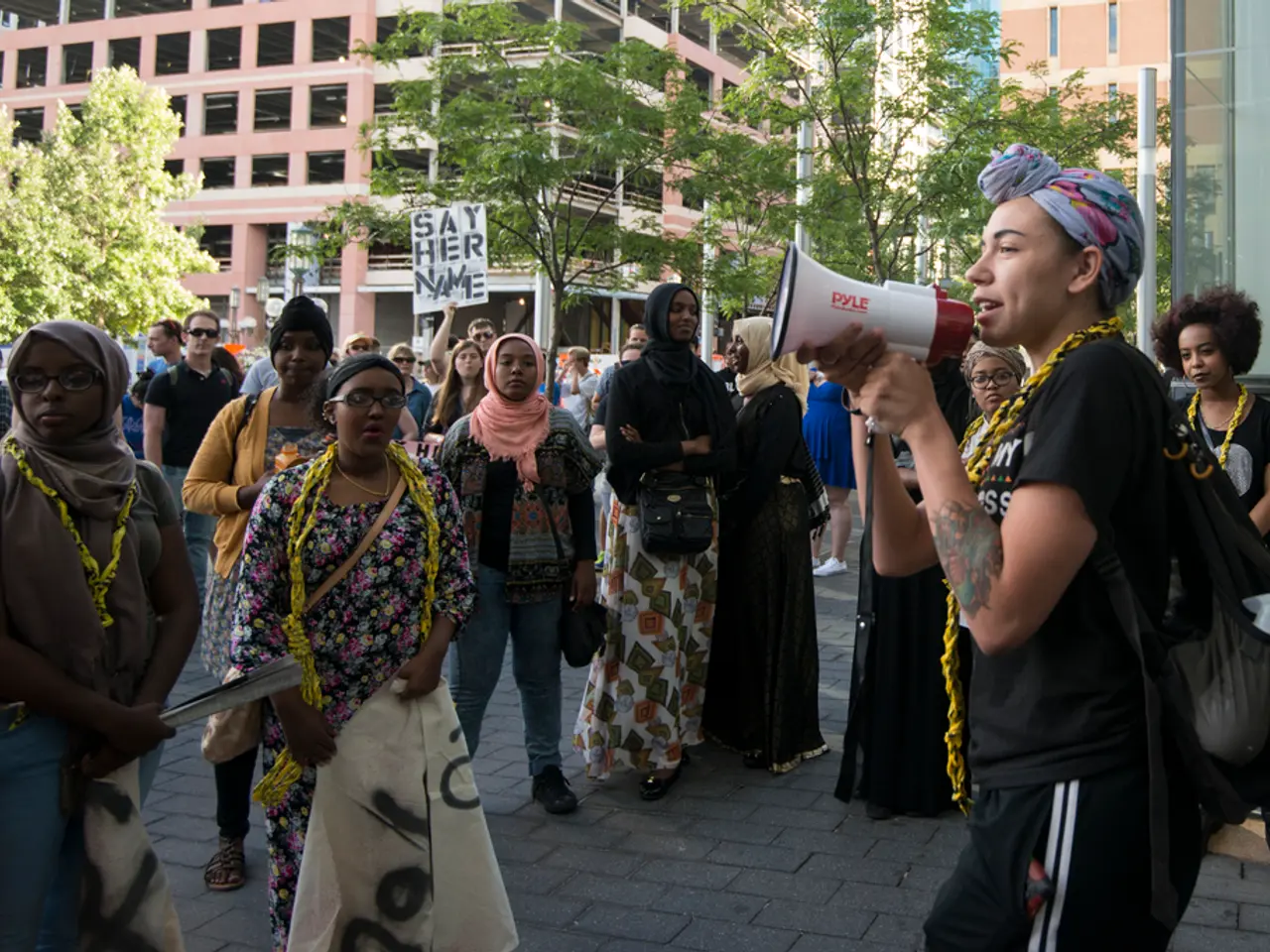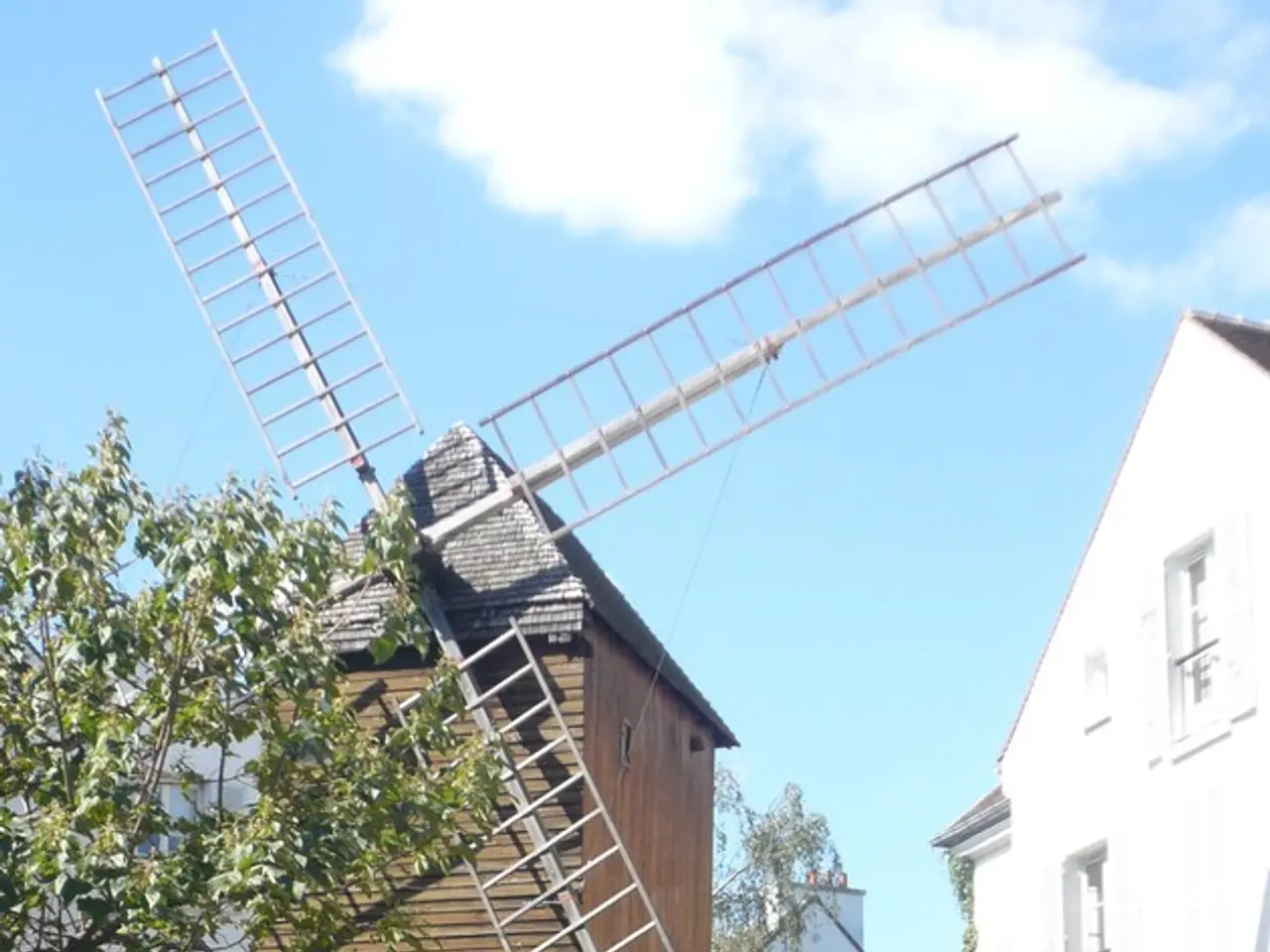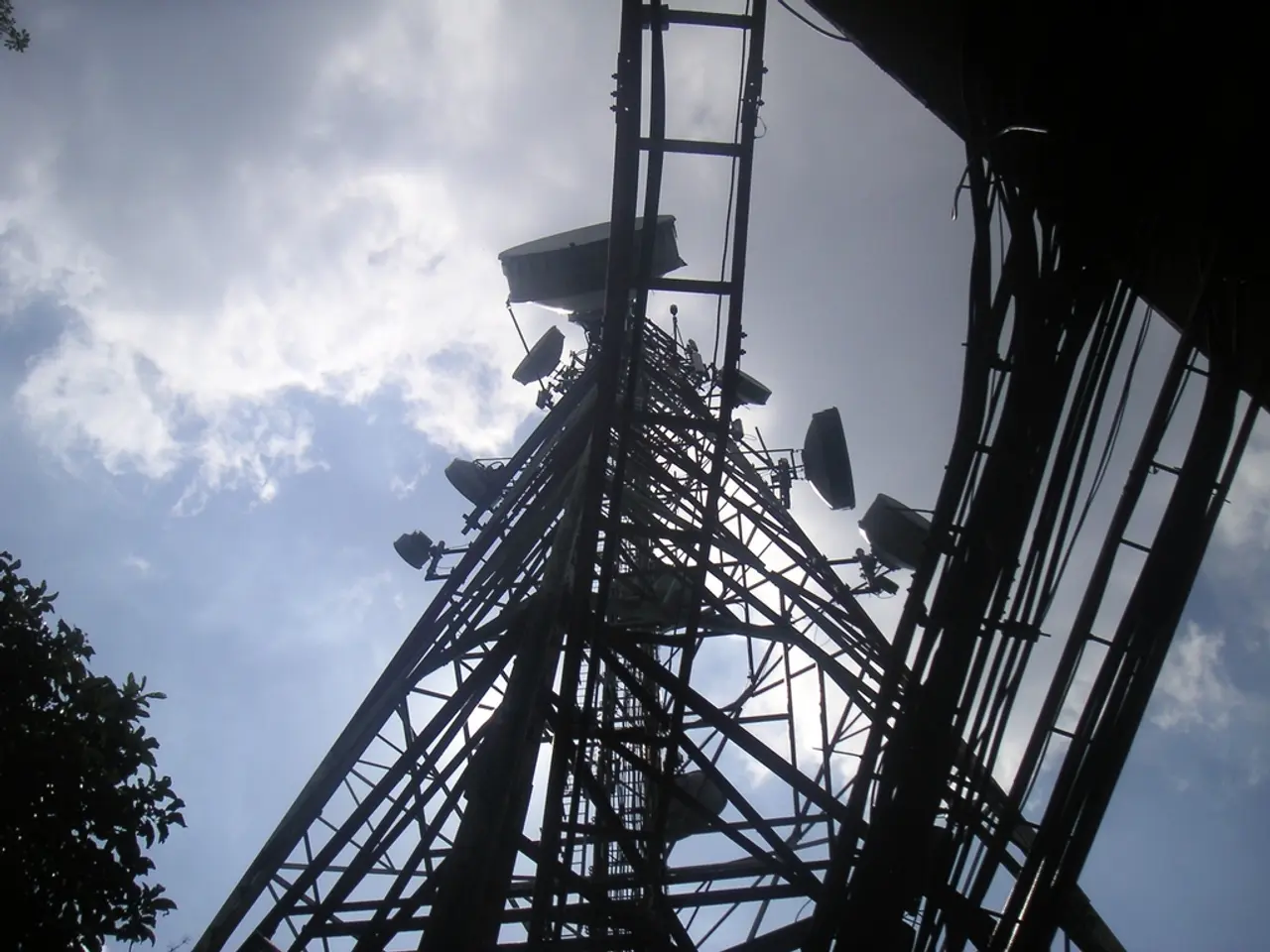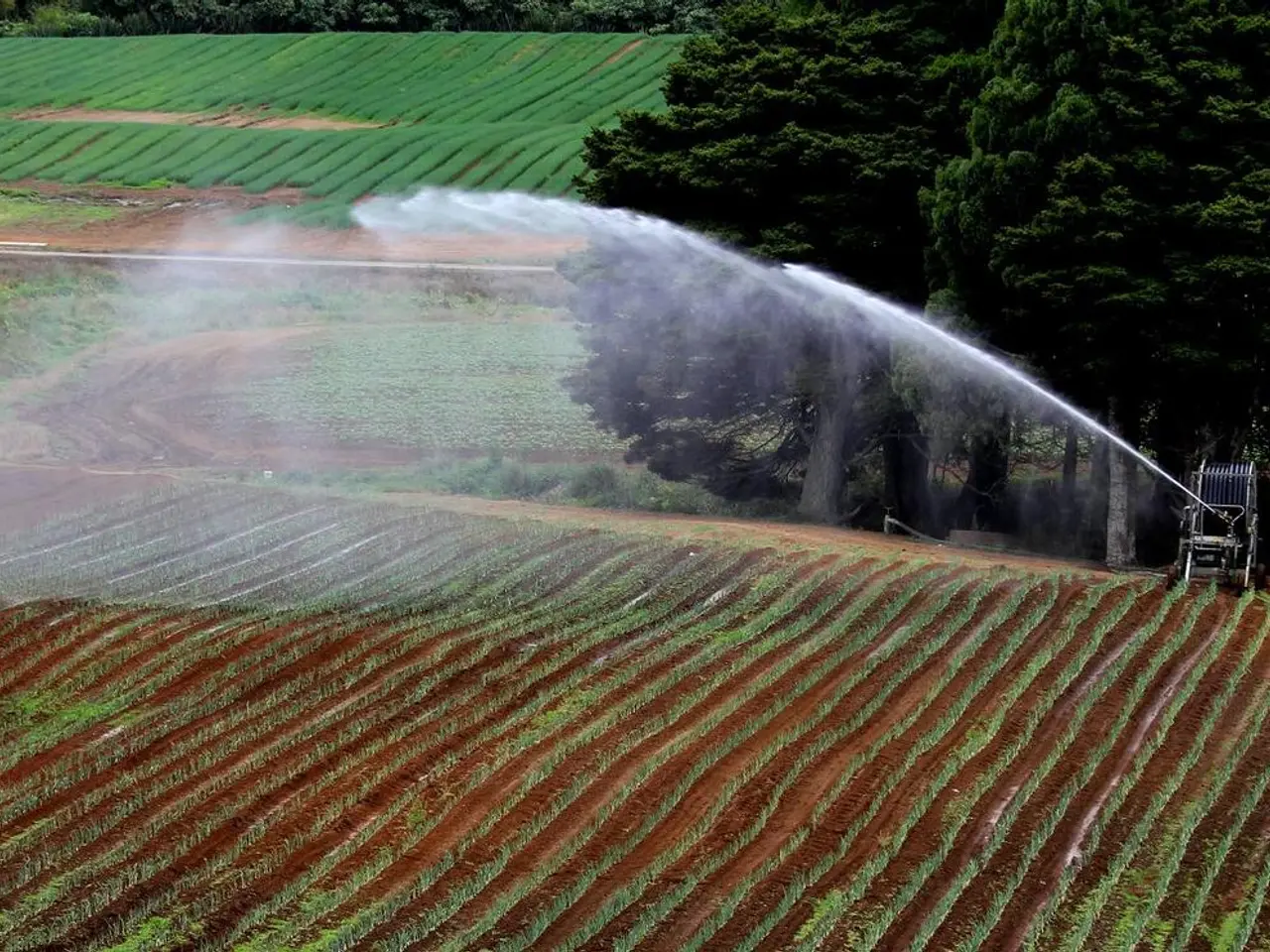Contemporary Events: Arrest of Two Nuns Originating from Kerala in Chhattisgarh on Suspicion of Religious Conversion Incites Widespread Controversy
In a recent development, two Catholic nuns and a young tribal woman were arrested at Durg Railway Station in Chhattisgarh on July 25, 2025, on charges of trafficking and forced conversion of three tribal girls from the Maoist-affected Narayanpur area. The state government justified the arrests as a crackdown on human trafficking disguised as religious conversion.
The incident sparked widespread political upheaval and communal tensions. Opposition leaders, including Rahul Gandhi, condemned the arrests as persecution of minorities and demanded the nuns' release, while the ruling BJP in Chhattisgarh maintained that credible evidence supported the charges of inducement and trafficking.
The controversy began when two Catholic nuns, Sister Preeti Mary and Sister Vandana Francis, along with a young tribal woman Sukaman Mandavi, were arrested for allegedly trafficking the three tribal girls and attempting to convert them to Christianity under the pretext of nursing jobs in Agra. The tribal girls were sent to a government shelter.
The issue divided political parties, with the United Democratic Front (UDF) MPs protesting in parliament over the arrest. The Leader of Opposition (LOP) in the Lok Sabha, Rahul Gandhi, described the arrest as "BJP-RSS mob rule" and a "grave attack on minority rights". He also accused the BJP-RSS ecosystem of treating all minorities as criminals and unleashing lumpen elements to intimidate fellow citizens practicing their faith.
The Chhattisgarh Chief Minister, Vishnu Deo Sai, expressed regret over the politicization of the recent arrest of the two Malayali nuns at the Durg railway station. However, he strongly reacted to the incident of three tribal girls being taken out of the state on false promises of nursing training and job opportunities, describing it as a 'serious case of human trafficking and an attempt at religious conversion'.
The Chhattisgarh government is closely monitoring the developments and has taken the incident very seriously. If the investigation reveals a larger nexus of organized human trafficking or a religious conspiracy, the authorities will pursue the highest legal consequences.
Critics of the state's anti-conversion approach argue that such laws are frequently misused to harass minority Christian populations in tribal regions. In this case, tribal families reportedly confirmed that the conversions were voluntary, highlighting concerns that these laws unjustly target lawful religious activities and threaten tribal converts' constitutional rights and tribal status.
A massive tribal Christian protest rally was held on August 3, 2025, in Kunkuri, Chhattisgarh, where thousands rallied to condemn the allegations against the nuns, calling them baseless and emphasizing community solidarity amid ongoing heavy rainfall.
The controversy highlights tensions between anti-conversion laws, minority religious freedom, and tribal rights in Chhattisgarh, set against a backdrop of political contestation and differing regional perspectives within the BJP party. The Chhattisgarh government has not yet issued a statement regarding the arrest and the ongoing investigation.
Bastar, the region where the incident took place, is a cultural and historical stronghold of tribal communities in Chhattisgarh. There has been growing concern over rising cases of religious conversion and human trafficking in the area. Mr. Sai indicated strong action against those found guilty in Friday's incident at Durg railway station.
[1] The Hindu [2] NDTV [3] The Wire [4] The Times of India
- The controversy over the arrest of the Catholic nuns and the tribal woman in Chhattisgarh, involving allegations of human trafficking and forced conversion, has become a major point of debate in Indian general-news and politics, with various parties expressing their views on the issue.
- The alleged incident of trafficking and forced conversion occurred in the context of rising concerns about crime-and-justice matters in Bastar, a region known for its tribal communities, further complicated by the political tensions surrounding the arrest.







